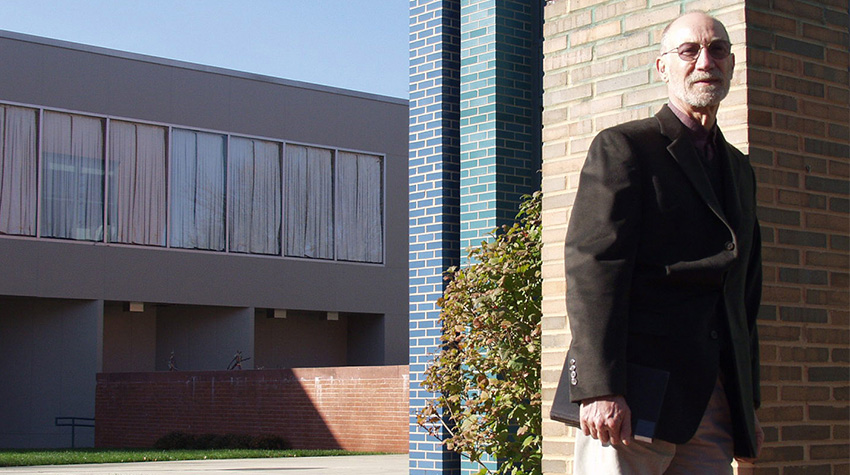13th Annual Paul Lyons Memorial Lecture
Galloway, N.J. – The Master of Arts in American Studies program is set to host the 13th annual Paul Lyons Memorial Lecture Series on March 28 at 4:30 p.m. in the Campus Center Theatre.
The speaker for this year’s lecture is Donald Yacovone, author of “Teaching White Supremacy: America’s Democratic Ordeal and the Forging of Our National Identity,” which has been nominated for a 2022 Los Angeles Times Book Prize in History.
His talk, “Teaching White Supremacy,” will examine how the phenomenon of white supremacy has been embedded in American history textbooks since the beginning of public education. The legacy of this is now being seen and continues to inform today’s debates over Critical Race Theory, book bans and more.
Yacavone is a lifetime fellow for the Hutchins Center for African American Research located at Harvard University. He is also a winner (along with Henry Louis Gates, Jr.) of the NAACP’s 2014 Image Award for their six-part documentary series, “The African-Americans: Many Rivers to Cross.”
About Paul Lyons
Paul Lyons was a professor of Social Work in the School of Social & Behavioral Sciences. He became a faculty member in 1980 and published five books during his career, including “Philadelphia Communists, 1936-1956” (1982) and “Class of ’66: Living in Suburban Middle America in 1994” (1996). Lyons also played the saxophone and clarinet, which led to him organizing “Profapalooza,” a 2009 fundraising concert and faculty member performance at the House of Blues in Atlantic City.
The University (then college) established the lecture series with American historian Eric Foner of Colombia University as its inaugural speaker in 2010, a year after he passed. Robert Gregg, then dean of the School of Arts & Humanities, discussed Lyons’ legacy prior to the lecture series in 2010.

“What struck one about Paul was the range of his accomplishments and the breadth of his interests. He was the quintessential Stockton faculty member, one who embraced the ideas of interdisciplinary study and exploration.”


